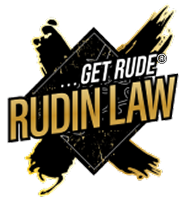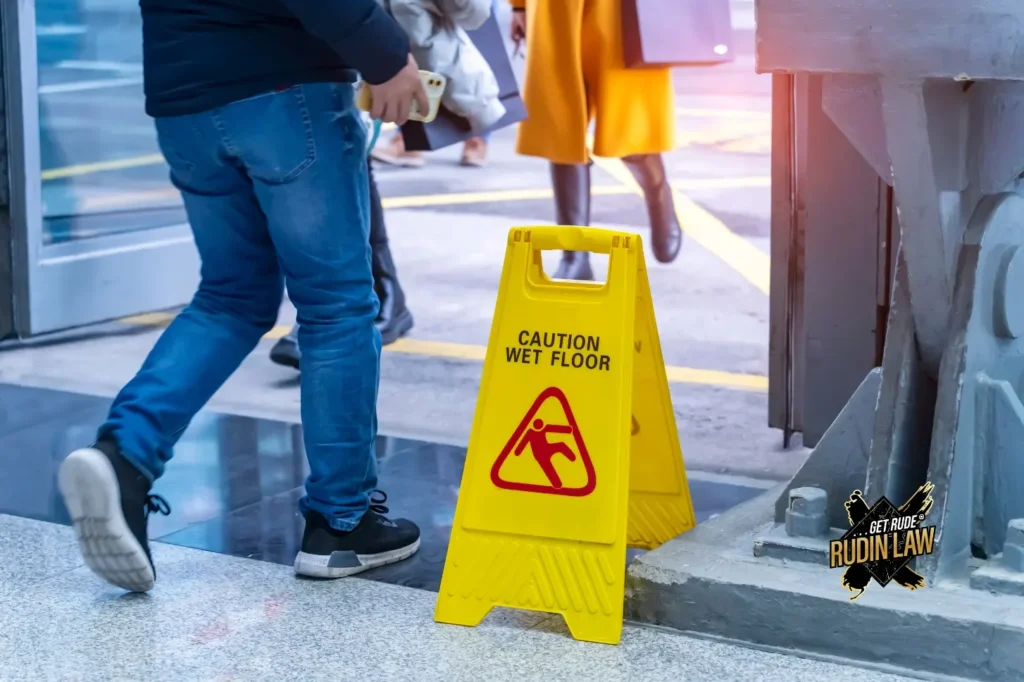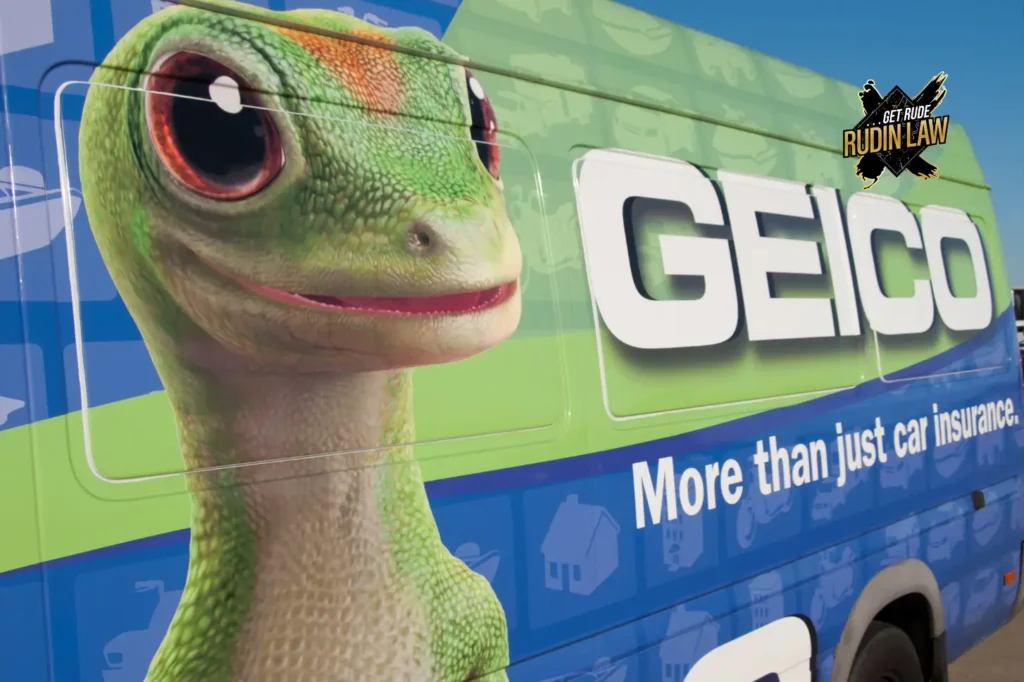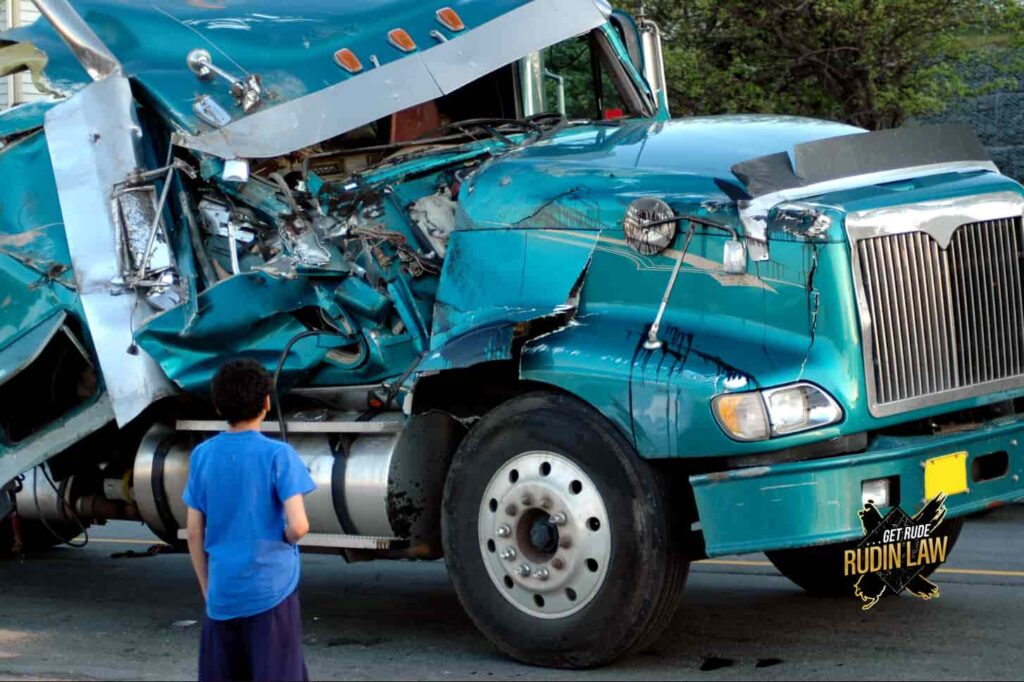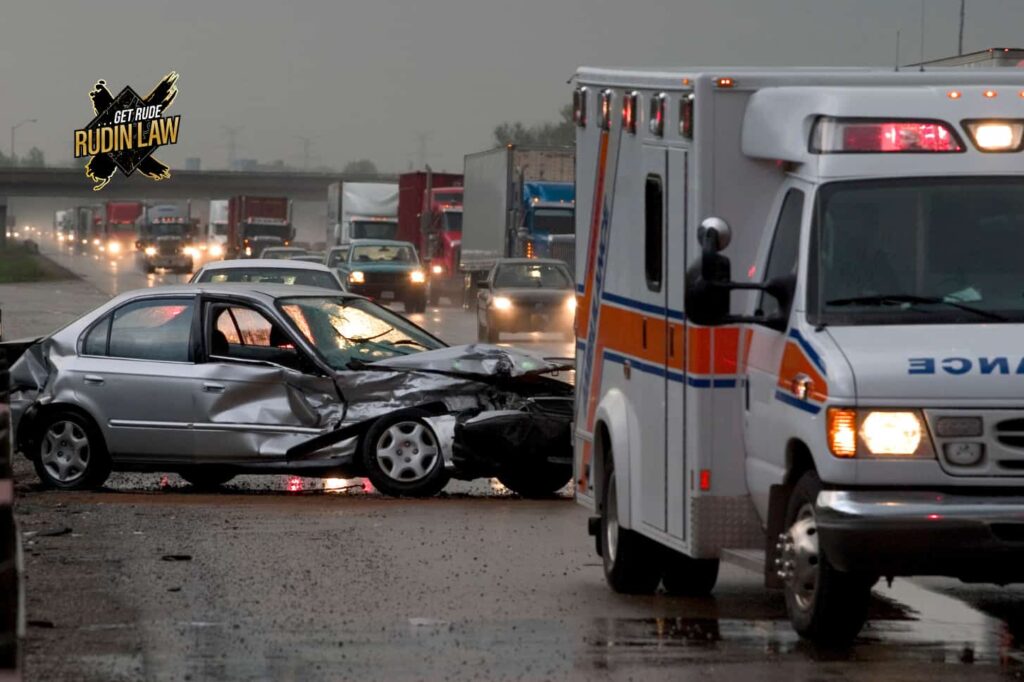You were just trying to grab a few things at the store, head back to your car, and get on with your day. But then you slipped. Maybe the floor was wet or slippery, with no warning signs. Maybe you fell on someone else’s property because the property owner failed to fix something that should’ve been obvious to them. Now you’re dealing with medical bills, pain, and a long recovery, and wondering whether the owner is legally responsible.
If you’re thinking about filing a slip and fall claim in Louisiana, there’s a legal phrase you need to know: “open and obvious.” Property owners and their insurance companies use it all the time to try to avoid paying you. But what does it actually mean? And does it apply to your case?
Here’s how it works.
Louisiana Law and Legal Responsibility in Fall Accidents
Property owners and in some cases, custodians like store managers or landlords, can be held legally responsible when their negligence leads to injury. Under La. Civ. Code Art. 2315, anyone who causes damage through their fault must repair the damage. More specifically, La. Civ. Code art. 2317.1 holds a property owner or custodian liable for hazards on their property if they knew or should have known about the danger and failed to correct it.
That includes:
- Fixing broken handrails, loose flooring, or unsafe stairs
- Cleaning up spills promptly and marking wet floors clearly
- Repairing uneven sidewalks or potholes in walkways
- Posting warning signs when temporary hazards exist
When a property owner fails to take these precautions and a slip and fall accident occurs, they may be financially responsible for your injuries. But owners and insurers often try to avoid that responsibility by claiming the hazard was “open and obvious.”
What Does “Open and Obvious” Mean in a Slip and Fall Case?
Louisiana law used to place heavy weight on whether a hazard was visible to a reasonable person, often shielding property owners from liability. That changed with the Louisiana Supreme Court’s decision in Farrell v. Circle K Stores, Inc. (La. 2023). The Court ruled that visibility alone doesn’t decide a case. Instead, “open and obvious” is just one factor in determining whether a condition was unreasonably dangerous.
Courts now apply a risk–utility balancing test, which considers:
- Where the hazard was located
- How likely it was that someone would get hurt
- Whether it blended in, was camouflaged, or obstructed
- Whether the area had adequate lighting or warning signs
- How long the hazard had existed and whether it had been reported
- Whether fixing it would have been simple or inexpensive
- If the owner or custodian had time to correct or warn about the danger
- Whether the hazard appeared in a high-traffic or expected walking area
Even if a hazard was visible, a property owner can still be liable if it posed an unreasonable risk and they failed to address it.
How Insurance Companies Use the “Open and Obvious” Excuse
Despite the Louisiana Supreme Court’s decision in Farrell v. Circle K clarifying that visibility alone doesn’t decide a case, insurance companies still lean on the “open and obvious” argument. After a fall accident, don’t be surprised if the property owner or their insurance company tries to blame you. They might argue:
- You weren’t paying attention to your surroundings
- The dangerous condition was visible and easy to avoid
- They didn’t need to warn you because it was “common sense”
Insurance companies routinely deny personal injury claims using this excuse, even when the facts don’t support it. Some will try to categorize nearly any hazard as open and obvious, including conditions like wet or slippery surfaces, poorly lit stairwells, or worn carpeting.
They may also try to reduce what they have to pay you by saying you were partly at fault. Right now, Louisiana follows a pure comparative fault system (La. Civ. Code art. 2323), which means you can recover damages no matter your percentage of fault—your award is just reduced by your share of the blame. But the law is changing.
In May 2025, Governor Jeff Landry signed HB 431, which takes effect January 1, 2026, and switches Louisiana to a modified comparative fault system with a 51% threshold. For accidents on or after that date, you cannot recover damages if you are 51% or more at fault. If you are less than 51% at fault, you can still seek compensation, but your award will be reduced based on your share of fault.
That’s why you shouldn’t take the insurance company’s word for it. Their opinion doesn’t decide your case—the facts do. A slip and fall accident attorney can build the record, challenge false assumptions, and help you avoid settling for less than your case is worth.
Where Serious Slip and Fall Accidents Happen Most Often
Slip and fall cases don’t just happen in abandoned buildings or back alleys. Some of the most dangerous fall injury claims start in places people visit every day.
Common locations include:
- Grocery stores with leaking freezers or uncleaned spills
- Apartment complexes with broken steps or poor lighting
- Sidewalks and entryways with cracked pavement or ice
- Office buildings with torn carpets or loose rugs
- Parking garages with standing water or puddles
A single serious slip can change your life. Whether it happened at a friend’s apartment or during a quick stop at the store, what happened to you shouldn’t be dismissed or ignored. These are high-traffic areas where poor property maintenance and lack of signage can create hazardous conditions and serious injuries.
Why Fast Action Matters in Fall Injury Cases
In any slip and fall case, the burden is on you to prove that the property owner, or whoever was responsible, knew or should have known about the hazard and failed to fix it. That’s why timing and documentation matter.
Evidence that helps your case includes:
- Photos of the area where the accident occurred
- Surveillance video (before it gets erased)
- Witness statements
- Maintenance records or complaint logs
- Any previous incidents at the same location
Without this kind of proof, the insurance company will try to paint the fall as your fault. The sooner you reach out to a law firm that understands these cases, the better your chance of showing that the hazard was not as “obvious” as the defense claims.
What Your Fall Claim Can Cover
A serious slip can lead to more than just embarrassment. Broken bones, torn ligaments, back injuries, and head trauma are common outcomes in fall cases. And recovery often means more than just medical treatment.
If your injuries were caused by a property owner’s negligence, your claim may seek compensation for:
- Medical expenses, including ongoing treatment
- Lost wages or future income loss
- Physical therapy and rehabilitation
- Pain, suffering, and emotional distress
- Property damage (such as a broken phone or glasses)
A successful premises liability lawsuit can give you the leverage you need to seek compensation that truly reflects your medical expenses, lost income, and the long-term toll of your injuries. Look for slip & fall attorneys who fight for a fair settlement, not just a fast one.
Keep in mind you only have two years from the date of your fall to file a lawsuit in Louisiana. Wait too long, and you lose your right to seek compensation, no matter how strong your case is.
Don’t Let the “Open and Obvious” Excuse Shut You Down
Other law firms might pass on your case the minute they hear the words “open and obvious.” We don’t. At RUDIN LAW, we know how this defense is misused. Our legal team investigates, gathers evidence, and builds pressure to expose what really happened.
We’re not afraid to call out negligent property owners. If someone failed to fix a hazard or created a dangerous environment that led to your injury, we’ll pursue fair compensation, whether the insurance company likes it or not.
At RUDIN LAW, we follow the R-U-D-E Method. We don’t let insurance companies control the conversation. We build pressure. We demand justice. And we make sure they know you’re not going away quietly.
RESEARCH: Let’s get started with a chat! We’ll walk you through a consultation, pinpointing potential problems and asking for any necessary documents.
UNDERSTAND: By the end, we’ll have a clear understanding of your legal concerns and be able to offer valuable insights and solutions to move forward.
DEVELOP: We’ll develop a customized legal strategy tailored to your specific situation, addressing your concerns and goals.
EXECUTE: We’ll implement the legal strategy, providing expert guidance and advocacy to achieve the desired outcome.
Hurt in a New Orleans Fall? Time to GET RUDE® with Personal Injury Attorneys in New Orleans Who Don’t Back Down
You weren’t clumsy. You were hurt because a property owner ignored warning signs, cut corners, or chose not to fix a known danger. Don’t let their insurance company pretend it was all your fault.
At RUDIN LAW, we take premises liability cases seriously. Our legal team knows how to challenge “open and obvious” defenses and hold property owners accountable. We don’t settle for weak excuses. We don’t walk away when the case gets tough.
And there’s no fee unless we win. That’s our promise. You don’t pay a dime unless we recover compensation for you.
If you were injured in a New Orleans slip and fall, call RUDIN LAW at (504) 500-5504(504) 500-5504 for your FREE case review. Prefer online? Fill out our confidential form and we’ll get to work.
Get Hurt? Get Help. Time to STOP BEING POLITE® and…GET RUDE® with RUDIN LAW.
Copyright © 2025. RUDIN LAW. All rights reserved.
The information in this blog post (“post”) is provided for general informational purposes only and may not reflect the current law in your jurisdiction. No information in this post should be construed as legal advice from the individual author or the law firm, nor is it intended to be a substitute for legal counsel on any subject matter. No reader of this post should act or refrain from acting based on any information included in or accessible through this post without seeking the appropriate legal or other professional advice on the particular facts and circumstances at issue from a lawyer licensed in the recipient’s state, country, or other appropriate licensing jurisdiction.
RUDIN LAW
5500 Prytania St. #404
New Orleans, LA 70115
(504) 500-5504(504) 500-5504
https://www.GetRude.com/
